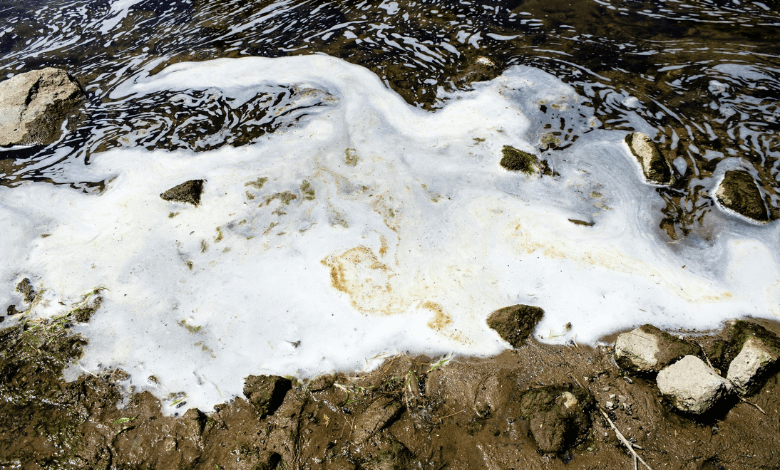Forever Chemicals Widespread in Swiss Groundwater: Report

Forever chemicals, scientifically known as polyfluoroalkyl substances (PFAS), are very much prevalent in Switzerland’s main drinking water resource. A report reveals that the highest concentration of perfluorooctanesulfonic acid (PFOS) was found in water samples taken in 2021.
The National Groundwater Observatory (NAQUA) conducted the pilot study. It found PFAS in almost half of its measuring stations. Researchers said landfills and sewage also pollute the groundwater with forever chemicals.
What Are Forever Chemicals
Forever chemicals are a large group of chemicals that make up nonstick items or stain resistant. It can be highly dangerous as these chemicals can cause cancers and weaken immune systems, weight gain and other health problems.
BAFU says an important source of PFAS in groundwater is fire-fighting foam. It’s used at fire-fighting training sites or on civil protection training grounds, as well as industrial areas, reservoirs and railways. According to the US National Institute of Environmental Health Sciences, the name forever chemicals (PFAS) comes from their ability to accumulate in water and soils, as they do not decompose due to an extremely strong bond between carbon and fluorine atoms. It doesn’t decompose given the extremely strong bond between carbon and fluorine atoms.
People ingest or inhale these synthetic chemicals released through contaminated water and food, even air. These chemicals are used in machines, including cars, textiles, medical gear, windmills and non-stick pans because of its long-term resistance properties to extreme temperatures and corrosion.
Forever Chemicals in the Blood
Elsie M. Sunderland, an environmental chemist, says people have some amount of PFAS in their blood. “We’re really seeing PFAS absolutely everywhere. These chemicals are in all kinds of consumer products, from clothes to fast food, where they help repel oil and water. They also contaminate the water we drink and, in some places even the air we breathe.”
Martin Scheringer, a senior environmental scientist at the federal technology institute ETH Zurich, believes this is a serious problem because it is so widespread and practically everywhere. “It’s also long lasting. It would be very difficult and expensive to handle, and we may not ever be able to solve it.” Scheringer explained that it is difficult to take back something that is diluted in the environment similar to CO2 from the atmosphere.
ALSO READ: Report on Climate ‘Countdown Clock’ Released Before Upcoming UN Talks
“That’s very expensive and technically challenging. And there are limits to what we can do technically when extracting PFAS from groundwater. That’s why I think they’re a real problem.” He said it has chronic toxicity, a long-term toxicity. “If you drink water with PFAS, you don’t die, you don’t get a rash. But if you do this for a long time, you may develop cancer or other diseases.”



